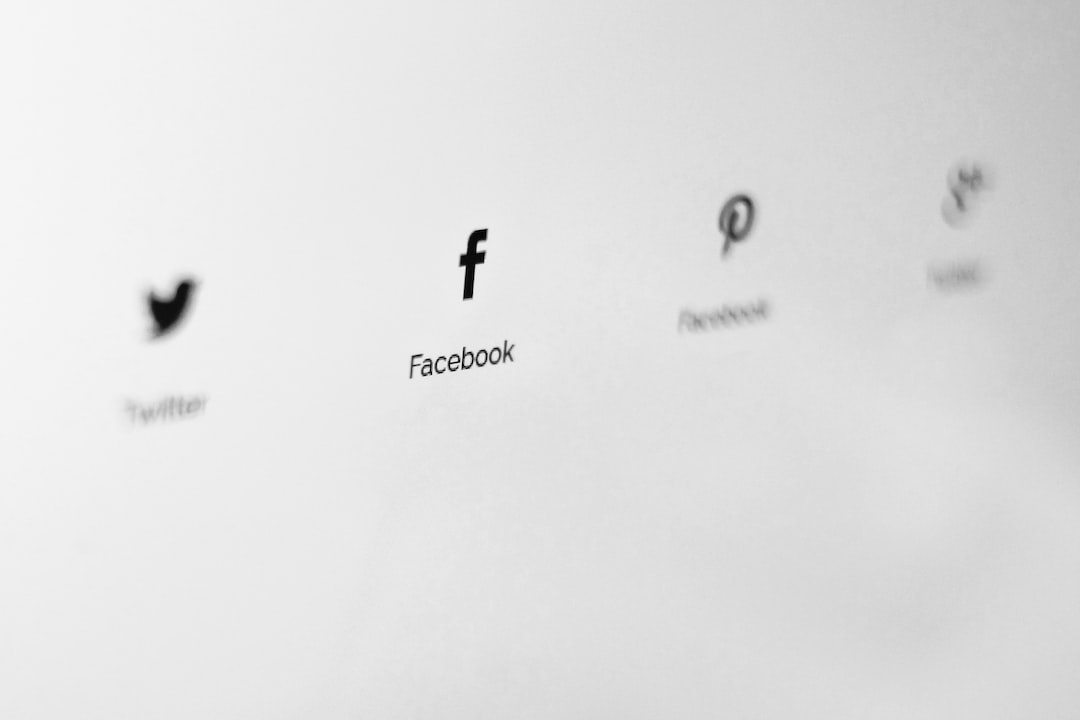The Influence of Media on Body Image and Self-Esteem
In today’s society, media plays a powerful role in shaping our perception of beauty and self-worth. Whether it be through magazines, television shows, movies, or social media platforms, we are constantly bombarded with images of what society dictates as “ideal” bodies. This constant exposure to unrealistic standards of beauty has a profound impact on our body image and self-esteem.
From a young age, children are exposed to media messages that depict flawless, airbrushed models. As they grow up, they internalize these messages and develop unrealistic expectations about their own bodies. According to a study published in the International Journal of Eating Disorders, exposure to thin ideal images leads to increased body dissatisfaction, eating disorders, and low self-esteem in both men and women.
One of the significant impacts of media on body image is the perpetuation of the “thin ideal.” Women are portrayed as slim, toned, and flawless, which creates a false belief that this is the only “acceptable” body type. Conversely, men are often depicted as muscular and chiseled, setting an impossible standard for many. These portrayals not only promote unattainable body goals but also disregard the diversity of body types that exist. This narrow depiction of beauty can lead to body shame, dissatisfaction, and disordered eating behaviors as individuals strive to fit into these unrealistic standards.
Moreover, media also plays a role in promoting harmful beauty standards that discriminate against specific ethnicities and races. Historically, Eurocentric features have been emphasized as the pinnacle of beauty, leaving individuals from diverse backgrounds feeling inadequate and marginalized. This not only impacts individuals’ self-esteem but also perpetuates social inequalities and discrimination based on appearance.
While women have traditionally been the focus of media influence on body image, men are increasingly feeling the pressure to conform to unrealistic standards. Muscularity is celebrated, and the media often reinforces the notion that a lean and muscular physique is the epitome of masculinity. This can lead to body dysmorphia, steroid abuse, and unhealthy obsession with exercise and dieting. The negative effects of media on body image and self-esteem are not limited to one gender, making it crucial to address these issues collectively.
Social media platforms have intensified the impact of media on body image. With the rise of Instagram, Snapchat, and TikTok, individuals are often exposed to a constant stream of edited and filtered images. The carefully curated online personas of influencers can distort reality and create unrealistic expectations. Studies have shown a strong correlation between time spent on social media and body dissatisfaction, as individuals compare themselves to highly edited images of others. The pressure to maintain an enviable online presence can be overwhelming, leading to feelings of inadequacy and low self-esteem.
It is crucial to recognize and challenge the influence of media on body image and self-esteem to promote a healthy relationship with our bodies. As consumers, we need to become more critical of the media messages we encounter and question the unrealistic beauty standards being portrayed. We must engage in media literacy, teaching ourselves and others to deconstruct and analyze the messages being presented to us.
Educational institutions and healthcare professionals also play a vital role in mitigating the negative effects of media on body image and self-esteem. Implementing media literacy programs in schools can empower young individuals to think critically about media messages and recognize the manipulations used in advertising and marketing. Health professionals should be equipped to identify the signs of unhealthy body image and eating disorders early on, providing support and resources to individuals in need.
Additionally, it is essential to diversify media representation and challenge the existing beauty norms. Media has the power to influence societal perceptions, and by promoting diverse representation, positive body image can be fostered. Including individuals of all body types, ages, ethnicities, races, and genders can help promote self-acceptance and reduce the pressure to conform to rigid beauty standards.
Finally, building resilience and a positive body image starts with self-acceptance and self-care. It is essential to cultivate a healthy relationship with our bodies by practicing self-love, positive self-talk, and adopting a balanced approach to wellness. Surrounding ourselves with supportive communities that celebrate all body sizes and types can also help counteract the negative impact of media on body image and self-esteem.
In conclusion, media plays a profound role in shaping our perception of beauty, leading to unrealistic standards and detrimental effects on body image and self-esteem. The perpetuation of the “thin ideal” and harmful beauty standards not only impact women but also lead to body dissatisfaction and disordered eating behaviors in men. Social media platforms have intensified these pressures, creating a constant comparison culture. It is crucial to challenge these media messages, educate ourselves and others, promote diversity and representation, and build resilience and self-acceptance. By doing so, we can develop a healthier relationship with our bodies and foster positive self-esteem for all.
